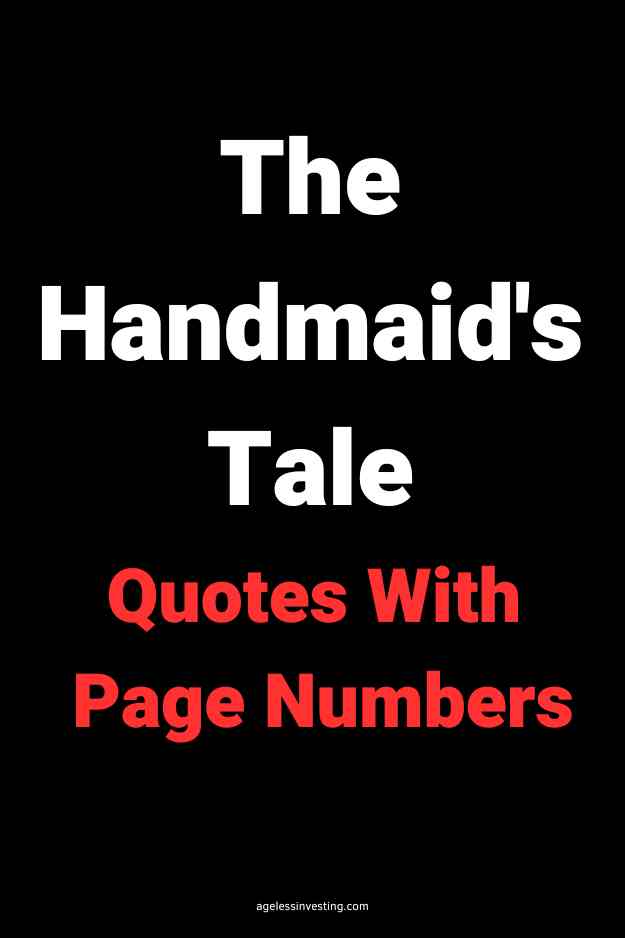67 The Picture of Dorian Gray Quotes With Page Numbers & Analysis
What is the true price of eternal youth when decoupled from morality? Oscar Wilde’s provocative novel, The Picture of Dorian Gray, explores this question through a dark tale shimmering with wit and philosophical paradox. We’ve analyzed 67 The Picture of Dorian Gray quotes with page numbers, referenced from the Penguin Classics, February 4, 2003, Revised […]
67 The Picture of Dorian Gray Quotes With Page Numbers & Analysis Read More »





